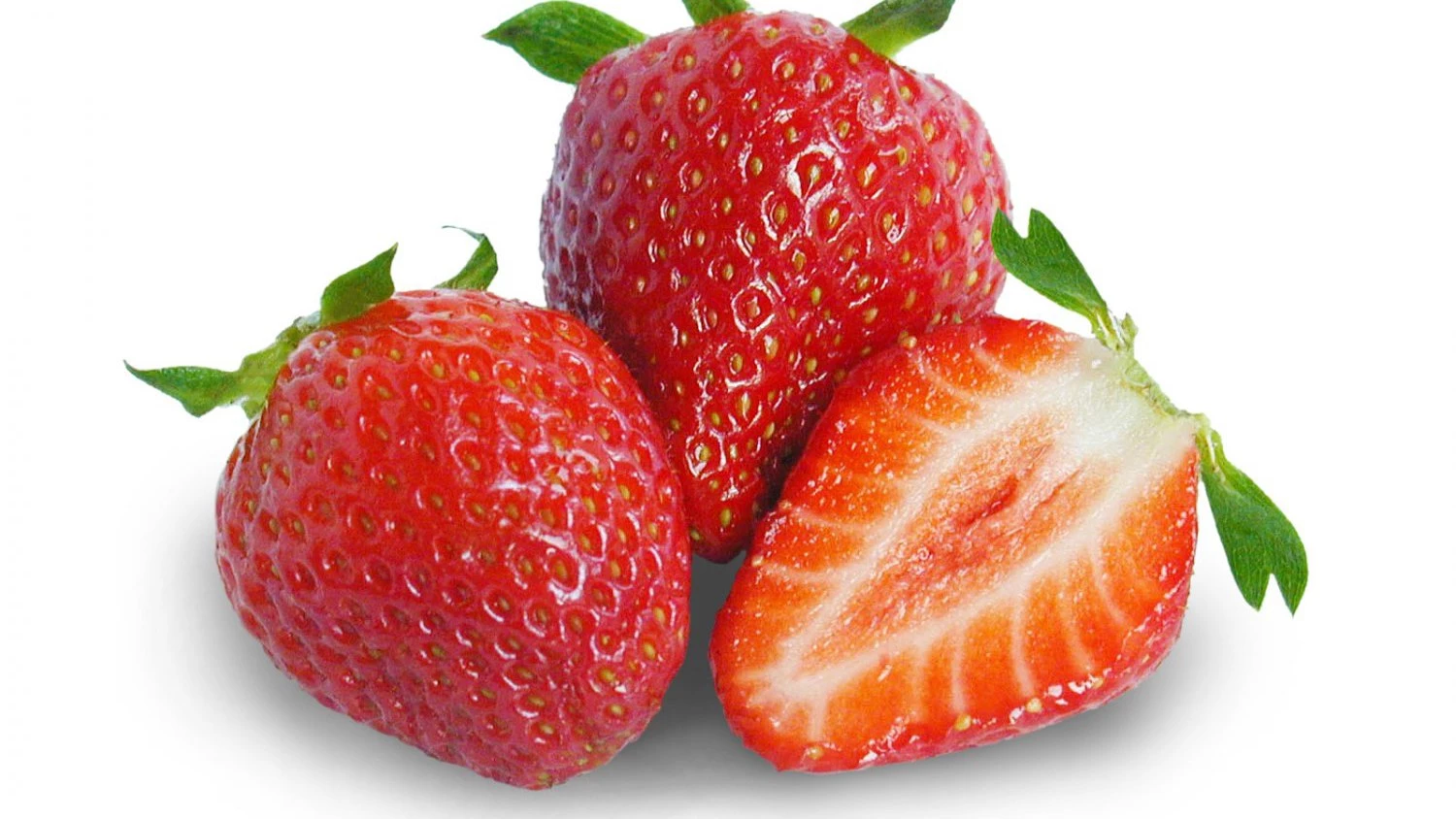Diet High in Animal Protein Raises Cancer Risk, Study Shows

For yogis toying with the idea of going vegetarian or vegan, here’s one more reason to hold the burger. According to a recent study, Americans who ate a diet high in animal protein during middle age raised their risk for cancer fourfold, comparable to the risk associated with smoking, according to a new study. However, for people older than 65, having enough protein in the diet is important to maintain a healthy weight and protect against frailty, the researchers said.
Significantly, the link between high-protein intake and risk of cancer only applied to animal proteins and not to proteins from plants, such as beans. This may be because proteins in plants have a different composition, and don’t stimulate growth hormones as efficiently as meat proteins, researchers said.
In the study,researchers at the University of Southern California tracked a large sample of 6,000 adults for nearly two decades and found that high protein intake is linked the risk of cancer, diabetes, and overall mortality. The study was published in the journal of Cell Metabolism was based on an analysis of data from NHANES, an ongoing federally-funded study that surveys Americans about their eating habits, also found that people over 65.
The study is significant because researchers have long pointed to the risks between diet and cancer. But now, not only is excessive protein consumption linked to a dramatic rise in cancer mortality, middle-aged people who eat lots of proteins from animal sources — including meat, milk and cheese — are also more susceptible to early death in general, the researchers found.
“Popular diets in many cases have high proteins and low sugars,” said study researcher Valter Longo, professor of biology at the University of Southern California (USC) and director of the USC Longevity Institute in an article in Scientific American. “They may make you lose weight, but that’s not a good diet to increase life span,”
The study shows that a low-protein diet in middle age is useful for preventing cancer and overall mortality, wrote co-author Eileen Crimmins, the AARP Chair in Gerontology at the University of Southern California, in a release about the findings.
The researchers defined a “high-protein” diet as deriving at least 20 percent of daily calories from protein, a “moderate” protein diet as deriving 10 to 19 percent of calories from protein, and a “low-protein” diet as less than 10 percent of calories from protein.
But what is bad for people in mid-life, may be healthy for older adults. In the study, people older than 65 were less likely to die of cancer or other causes if they consumed more protein.
The research supports earlier findings by the American Cancer Society and the American Institute for Cancer Research, which both estimate that more than 30 percent of cancer can be prevented through healthy diet, physical activity, and maintaining a healthy weight.
Diet in and of itself plays an important role in cancer prevention. Recent evidence suggests that diet may modify the risk of many cancers, including gastric, colorectal, breast, prostate, and lung cancers.
So, what are should people eat? The study suggests that the Mediterranean diet, which is low in animal protein and high in carbohydrates, may be best for extending life span, Longo said.
The researcher also looked at mice who were injected with mouse skin cancer cells. It showed that a high amount of protein increased the levels of a growth hormone called IGF-1.


